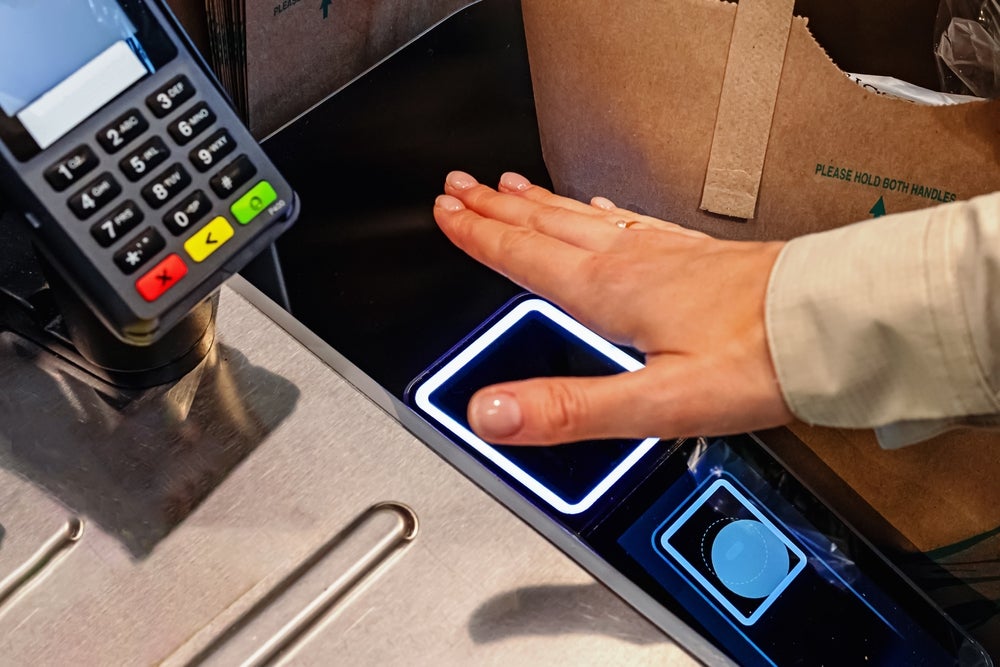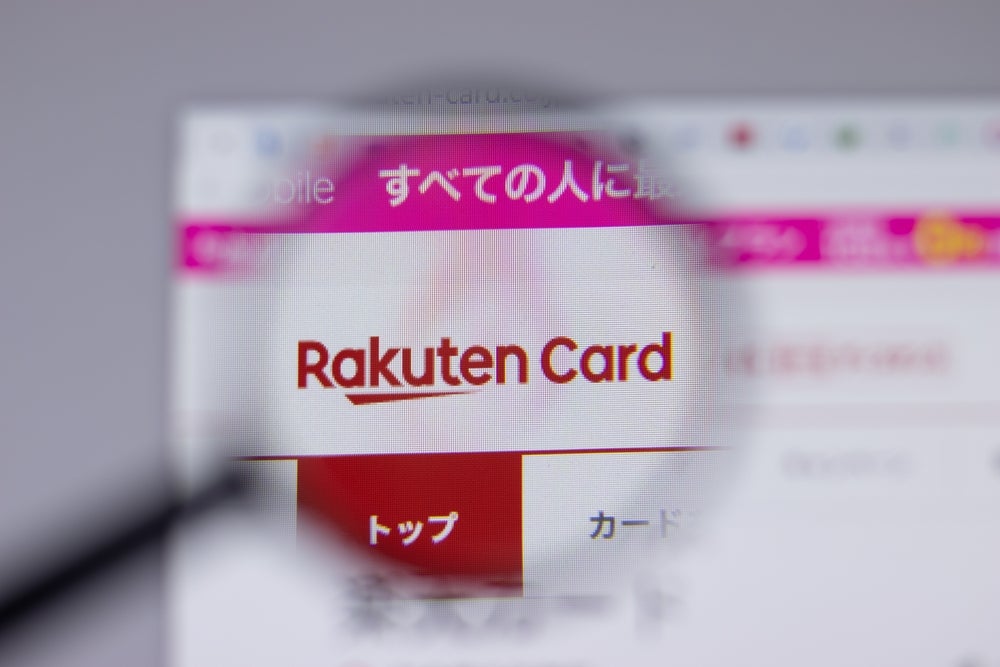
The European Central Bank (ECB) is set to partner with five companies that will design potential user interfaces for the digital euro project.
These five companies were selected from 54 front end providers after a call for expressions of interest in April this year.
Front-end prototypes developed by the companies will be used to start simulated transactions, which will be then processed through Eurosystem’s interface and back-end infrastructure.
However, according to the ECB, the prototypes will not be re-used in the later phases of the project.
ECB, in a statement, said: “The prototyping exercise is an important element in the ongoing two-year investigation phase of the digital euro project.
“The aim of this prototyping exercise is to test how well the technology behind a digital euro integrates with prototypes developed by companies.”
How well do you really know your competitors?
Access the most comprehensive Company Profiles on the market, powered by GlobalData. Save hours of research. Gain competitive edge.

Thank you!
Your download email will arrive shortly
Not ready to buy yet? Download a free sample
We are confident about the unique quality of our Company Profiles. However, we want you to make the most beneficial decision for your business, so we offer a free sample that you can download by submitting the below form
By GlobalDataWorks on prototyping is scheduled to be completed in the first quarter of 2023. ECB is also expected to publish its findings around the same time.
In coordination with the ECB team, each of the five companies will work on a specified use case of digital euro.
While CaixaBank will focus on peer-to-peer online payments, Worldline will work on peer-to-peer offline payments, and EPI on point of sale payments initiated by the payer.
Prototyping of point of sale payments initiated by the payee will be taken up by Nexi and e-commerce payments will be handled by Amazon.
Last week, a consortium of six countries, including Denmark, Germany, Iceland, Italy, Latvia and Norway, announced plans to work on a cross-border digital wallet pilot.








